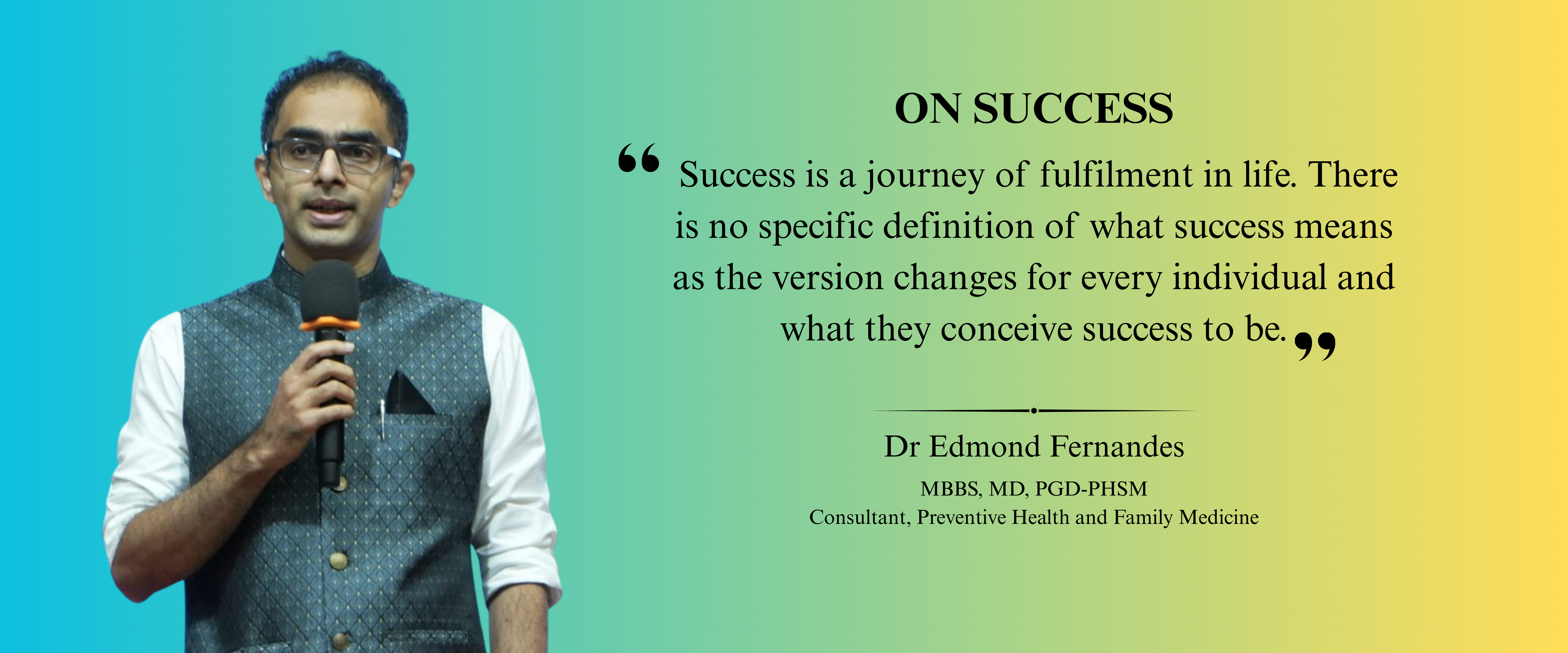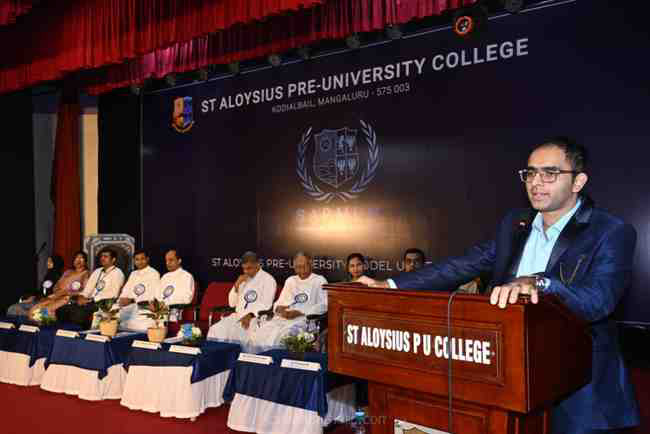

Dr. Prof. Edmond Fernandes is a practicing preventive medicine physician, author, social entrepreneur, academic researcher, policy influencer and technocrat who is trying to heal the world, one day, every day. He remains guided by two questions that define our human race, the first: What can I do for the people? The second: what can I learn from the people? Addressing these questions has led him to build power from below by working directly with communities on the ground, treating patients and strengthening their health and quality of life, teaching and training a new generation of global health workforce and leaders, building research questions that provide for answers, shaping policies & building solutions that make life better for everyone who subscribes to the true meaning of life and liberty. Dr. Fernandes is the Honorary Director, Edward & Cynthia Institute of Public Health and Chief Coordinator cum Assistant Professor at the Department of Public Health, Yenepoya Deemed to be University at Mangalore, India. He also serves CHD Group as Founder and CEO, a public health organization working closely with the Government of India and holding UNECOSOC Special Consultative Status and UNFCCC Observer status. He was a Former Consultant to the United Nations Economic and Social Commission for the Asia Pacific Region, a Former Senior Fellow to the Atlantic Council, Washington DC. Dr. Fernandes is also Adjunct Lecturer, College of Medicine, Gulf Medical University, Ajman, UAE. Dr. Fernandes has written 5 books, published over 24 peer reviewed international research publication, has written over 250 articles in the national media and has impacted over 5 million lives till date and counting. He is highly sought after speaker around India and across the world at various forums. At the grassroots, Dr. Fernandes has worked with over 65,000 farmers shaping occupational health and safety, has impacted over 23 government district tertiary care hospitals by building surge capacity of ICUs and NICUs which now benefits millions of people falling in need of critical care support, impacted over half a million children under five years of age, besides uplifting them out of the burden of malnutrition. Dr Edmond has been the architect for ensuring seat belt compulsion which impacted over 2 million lives in the city of Mangalore. He has worked on social determinants of health models creating community resilience, besides infusing preventive health habits at the grassroot level of care. Dr. Fernandes has further influenced the climate – health and food system philosophy at the global level through climate negotiations and has pioneered several public health models of care which have changed the way and approach to sustainable healthcare.
Books
Press Articles
Research Papers
MPH Guideship
PhD Guideship
Lives Impacted

Nutraceuticals, a term blending “nutrition” and “pharmaceutical,” refer to food-derived products that offer health benefits beyond basic nutrition. These include dietary supplement...

St. Aloysius Pre-University College hosted SAPMUN 2024, a Model United Nations program. Dr. Edmond Fernandes, Honorary Director, Edward & Cynthia Institute of Public Health was the...

St. Ann’s Pre-University College, Mangaluru celebrated the 78th Independence Day of India with Dr. Edmond Fernandes as Chief Guest. St. Ann’s Pre-University College is an historic ...